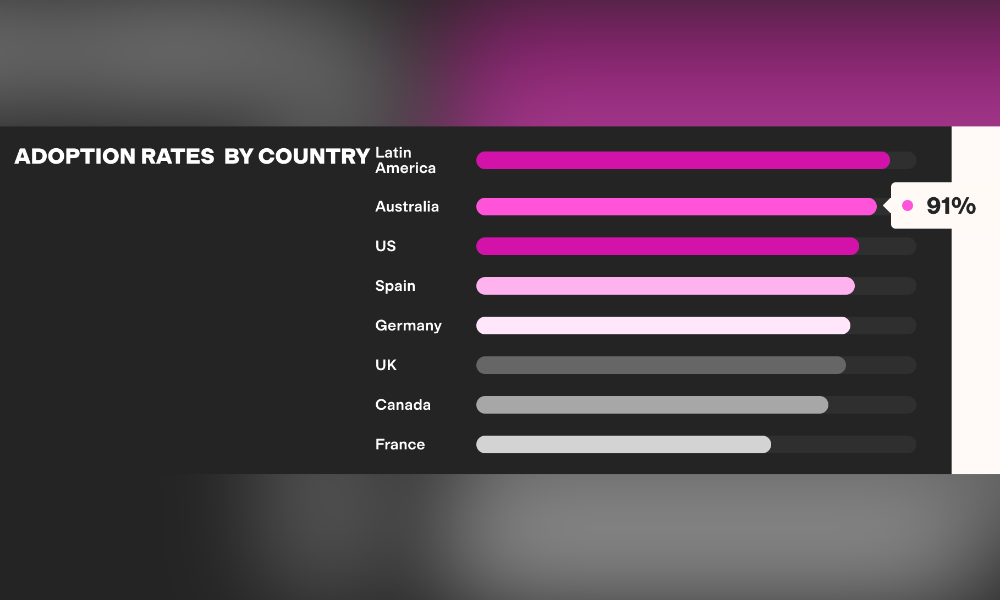
Australia leads world in skills-based hiring adoption: report

Nine in 10 employers in Australia are using skills-based hiring in 2024, leading the rest of the world in adopting the recruitment method, according to a new report.
TestGorilla's latest research revealed that 91% of employers in Australia are using skills-based hiring for their recruitment process this year.
Australia surpasses the United States, Spain, Germany, the United Kingdom, Canada, and France in adoption rate, with only Latin America ahead at 94% in skills-based hiring, the report revealed.

Source: TestGorilla
Overall, 81% of employers worldwide are using skills-based hiring methods in 2024, with the marketing sector topping the adoption rate by industry with 95%.
The growing adoption comes as 94% of employers agreed that skills-based hiring is more predictive than on-the-job success than curriculum vitae, according to the report.
In fact, 92% of employers using multi-measure testing are more satisfied with their hires as well as other benefits:
Skills-based hiring is not only popular for employers, according to the report, as 68% of job candidates said they prefer a skills-based hiring process.
This is also the prevailing sentiment for Australian job candidates, where seven in 10 prefer the said hiring process over traditional ones.
According to the report, this preference comes as 81% said they gained new opportunities due to skills-based hiring, with 85% saying the hiring method enables to show their abilities.

Source: TestGorilla
Wouter Durville, CEO and co-founder of TestGorilla, said the findings indicate that skills-based hiring is "becoming the dominant and preferred" recruitment method of employers and job candidates.
"Degree requirements are not going away yet, with 59% of employers saying it is actually more important for candidates to have degree qualifications," Durville noted.
"But skills-based hiring methods are complementing and in many cases replacing traditional recruitment, and organisations that don't give non-degree-holding candidates a chance to demonstrate their skills are in danger of missing out on an untapped pool of talent."